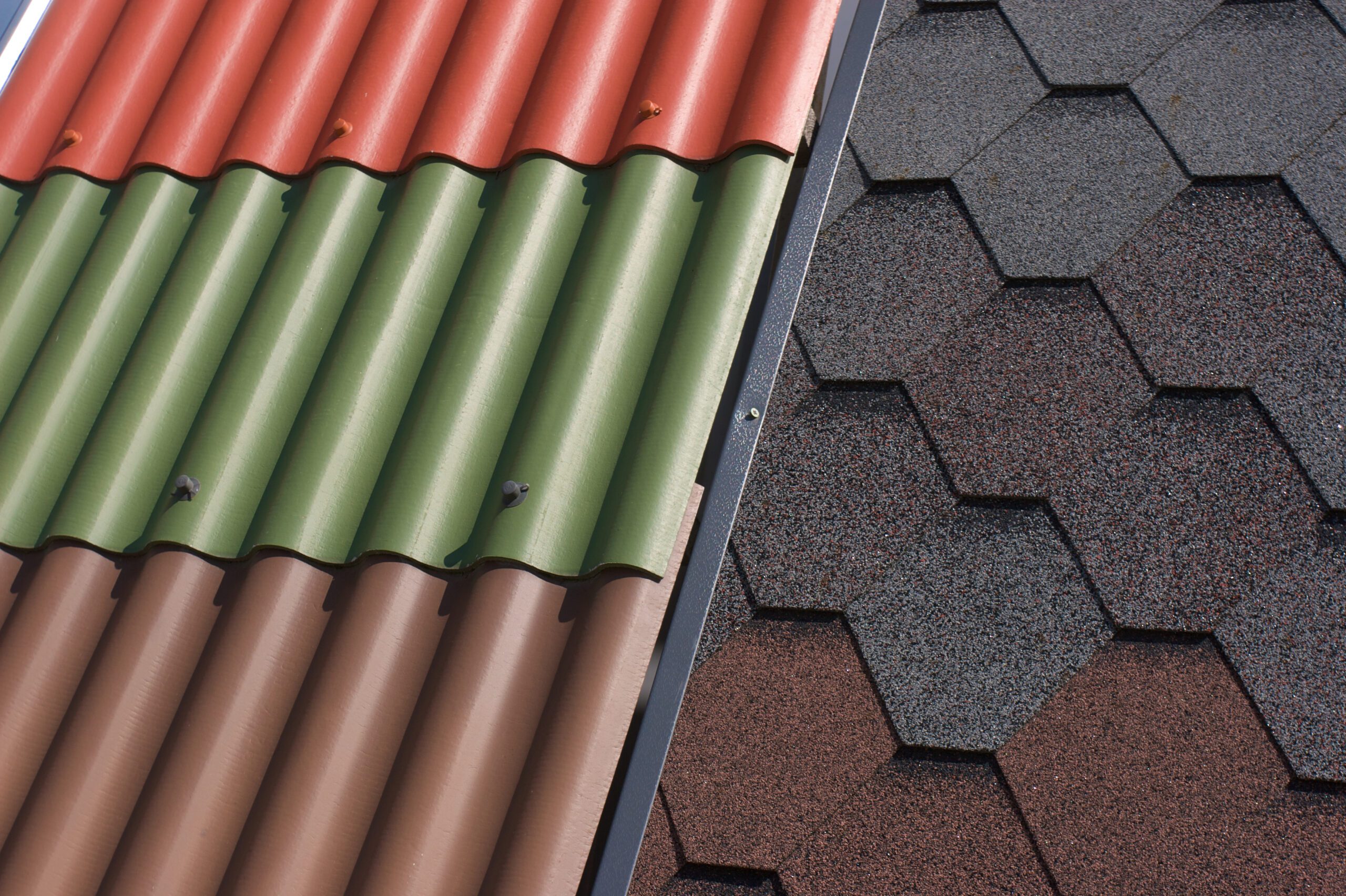Standing on your front lawn, looking up at your roof, you might wonder: “What are my options when it’s time to replace this?” Maybe you’ve noticed a few missing shingles, or perhaps you’re simply planning ahead for an inevitable future project.
Choosing the right roofing material is one of the most important decisions you’ll make as a homeowner. Your roof affects everything from your home’s curb appeal to its energy efficiency, and with so many types of roofing materials available, the choice can feel overwhelming.
This comprehensive guide will help you understand the most popular options available today, from traditional asphalt to innovative solar solutions. We’ll explore how each material performs in Michigan’s challenging climate, so you can make an informed decision that protects your home for decades to come.
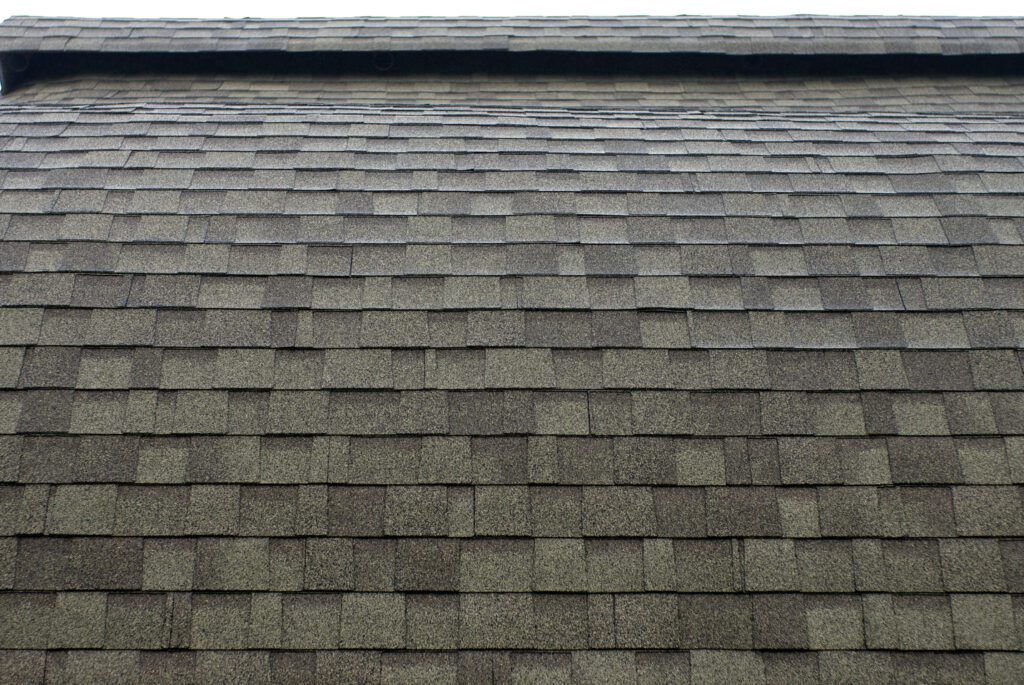
🏠 Asphalt: The American Standard
Asphalt shingles dominate the American roofing market for good reason. They offer the best balance of affordability, performance, and ease of installation for most homeowners.
Why Asphalt Remains Popular:
- Affordability: Most budget-friendly option for quality protection
- Variety: Available in numerous colors and styles
- Installation: Familiar to most contractors, reducing labor costs
- Reliability: 15-30 year lifespan with proper maintenance
Asphalt Options:
- Three-tab shingles: Basic, economical choice
- Architectural shingles: Dimensional appearance with better durability
- Premium shingles: Enhanced performance features
Performance in Michigan’s Climate:
Michigan’s weather presents unique challenges, and asphalt performs reasonably well in our climate of cold winters and warm, humid summers. The durability and affordability make this material a popular choice among local homeowners.
Considerations for Michigan:
- Freeze-thaw cycles: Can cause cracking over time
- Heavy snow loads: May require stronger materials in some areas
- High winds: Architectural varieties offer better resistance
For Michigan homeowners, architectural asphalt provides better durability and wind resistance than basic three-tab options, making it worth the modest price increase.
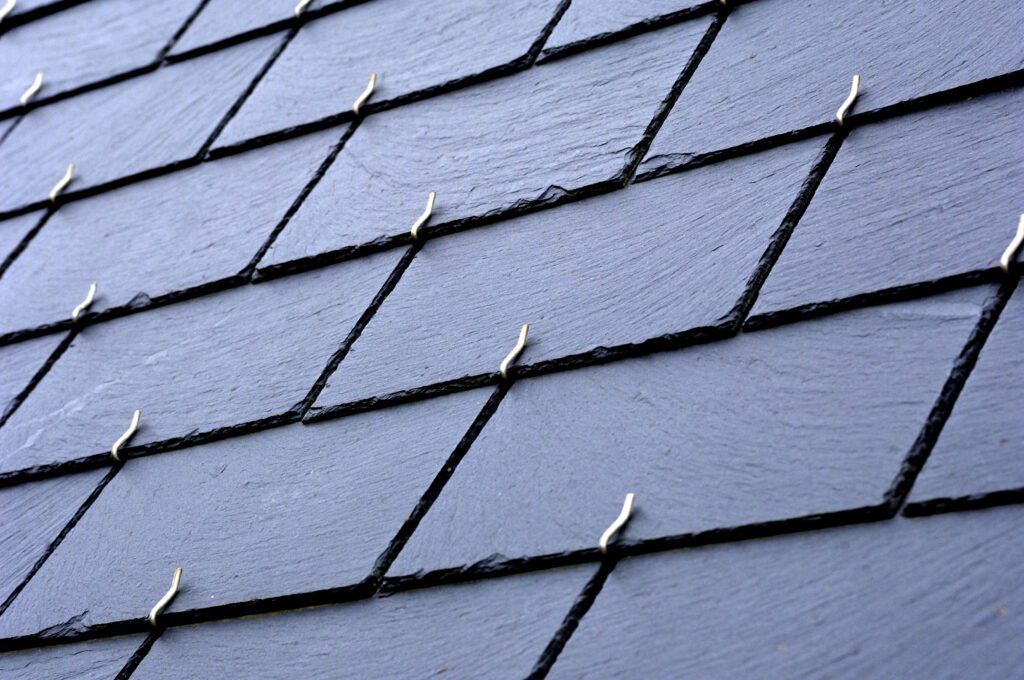
🏛️ Slate: The Century Solution
Slate roofing represents the premium end of roofing materials. This natural stone option offers unmatched beauty and incredible longevity.
Slate Advantages:
- Longevity: Can last up to 100 years with proper care
- Fire resistance: Natural stone won’t burn
- Aesthetic appeal: Unique, elegant appearance
- Weather resistance: Handles harsh climates excellently
Important Considerations:
- Weight: Requires structural assessment and possible reinforcement
- Cost: High upfront investment
- Installation: Requires certified professionals
- Maintenance: Regular inspection needed
Slate in Michigan Weather:
Slate performs exceptionally well in Michigan’s diverse climate. Its natural durability resists cold winters, while its thermal properties help maintain balanced indoor temperatures during hot summers. The material withstands heavy snowfall and high winds effectively.
However, frequent freeze-thaw cycles can cause cracking over time. Regular inspection and maintenance help mitigate these issues, making slate a long-lasting solution despite higher initial costs.
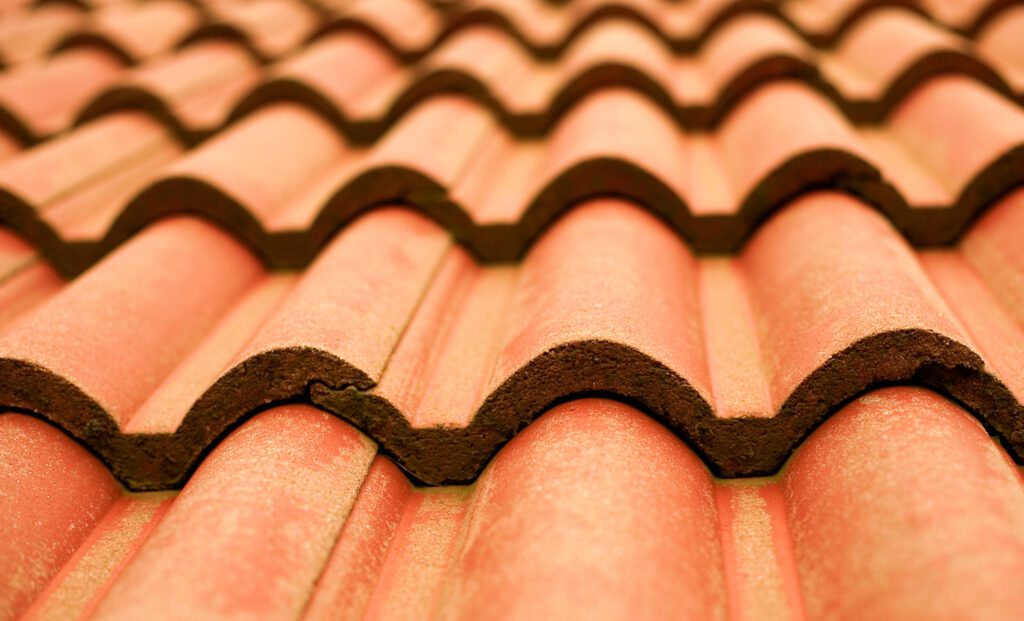
🏺 Clay: Mediterranean Elegance
Clay tiles offer distinctive beauty and exceptional durability. Available in various shapes, sizes, and colors, they allow significant customization for your home’s aesthetic.
Clay Tile Benefits:
- Durability: 50-100 year lifespan
- Fire resistance: Natural fire protection
- Pest resistance: Insects can’t damage clay
- Customization: Numerous styles and colors
Installation Requirements:
- Structural support: Heavy material requires strong framing
- Professional installation: Specialized techniques needed
- Higher costs: Premium material and installation
Clay Performance in Michigan:
Clay tiles can withstand Michigan’s diverse climate, including temperature extremes and weather variations. They resist fire, rot, and insect damage, making them reliable for regional homeowners.
However, their weight may not suit homes with weaker structures. While installation costs are high, the longevity makes them cost-effective over time.
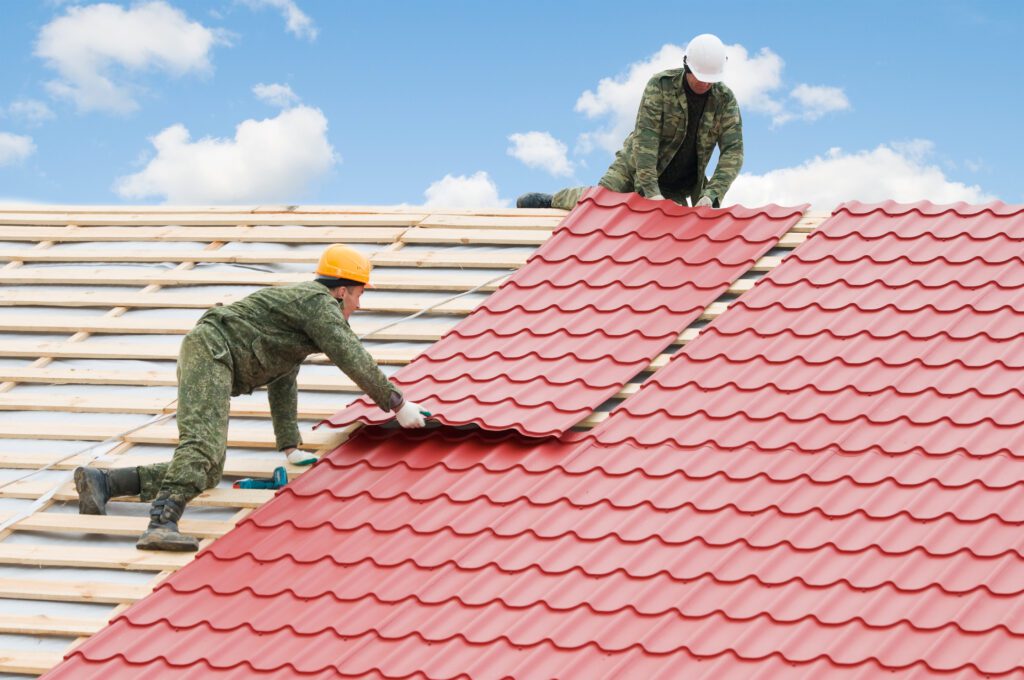
⚡ Metal: The Modern Champion
Metal roofing is gaining popularity rapidly, especially in regions with extreme weather conditions. Both standing seam systems and metal shingles offer exceptional performance.
Metal Roofing Benefits:
- Longevity: 40-70 year lifespan
- Weather resistance: Excellent performance in storms
- Energy efficiency: Reflects heat, reducing cooling costs
- Low maintenance: Minimal upkeep requirements
- Eco-friendly: Often made from recycled materials
Metal Options:
- Standing seam: Continuous panels with raised seams
- Metal shingles: Individual pieces mimicking traditional materials
- Corrugated: Wavy panels for industrial or rural applications
Metal Performance in Michigan:
Metal roofing excels in Michigan’s climate. Snow slides off easily, reducing accumulation and damage risk. During summer, metal reflects solar heat, helping reduce cooling costs.
The material resists freeze-thaw cycles exceptionally well, preventing cracking issues that affect other materials. While the upfront cost is higher, metal roofing provides excellent long-term value with up to 70-year lifespans.
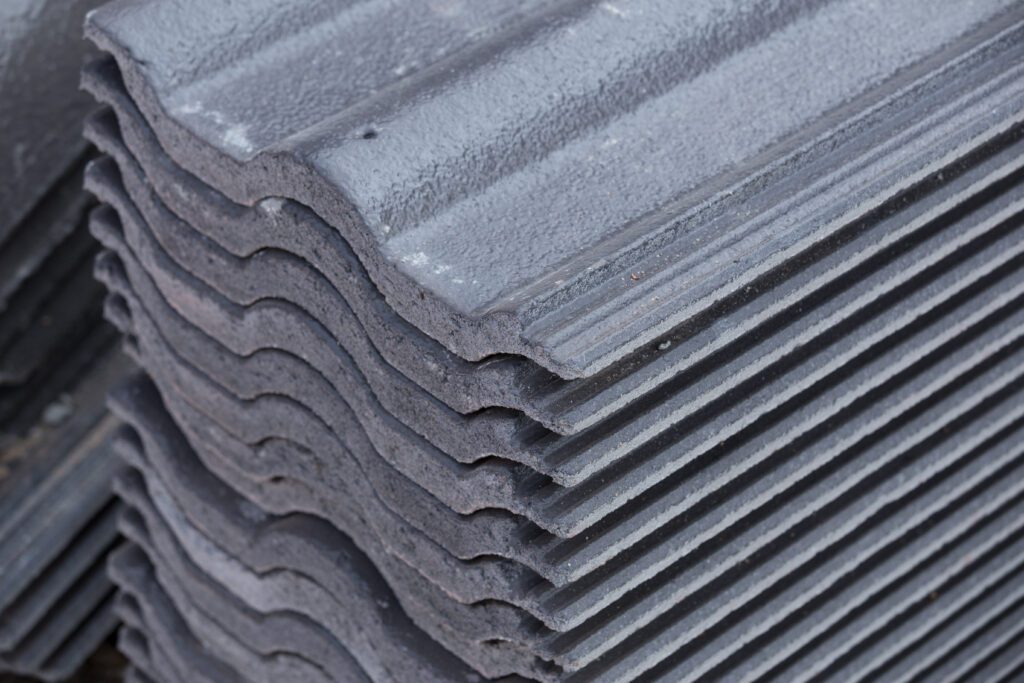
🏗️ Concrete: The Versatile Alternative
Concrete tiles offer exceptional durability and versatility. They can mimic other materials like slate or wood while providing superior fire resistance and energy efficiency.
Concrete Advantages:
- Fire resistance: Excellent protection against flames
- Durability: Long-lasting performance
- Energy efficiency: Good insulation properties
- Versatility: Can mimic other materials
Concrete in Michigan’s Climate:
While concrete tiles aren’t the most common choice for Michigan, they can perform well with proper installation and maintenance. The material’s fire resistance makes it valuable in areas prone to wildfires.
In high-precipitation regions like Michigan, proper ventilation prevents moisture buildup under tiles. Regular inspections and maintenance help address potential issues and extend roof lifespan.
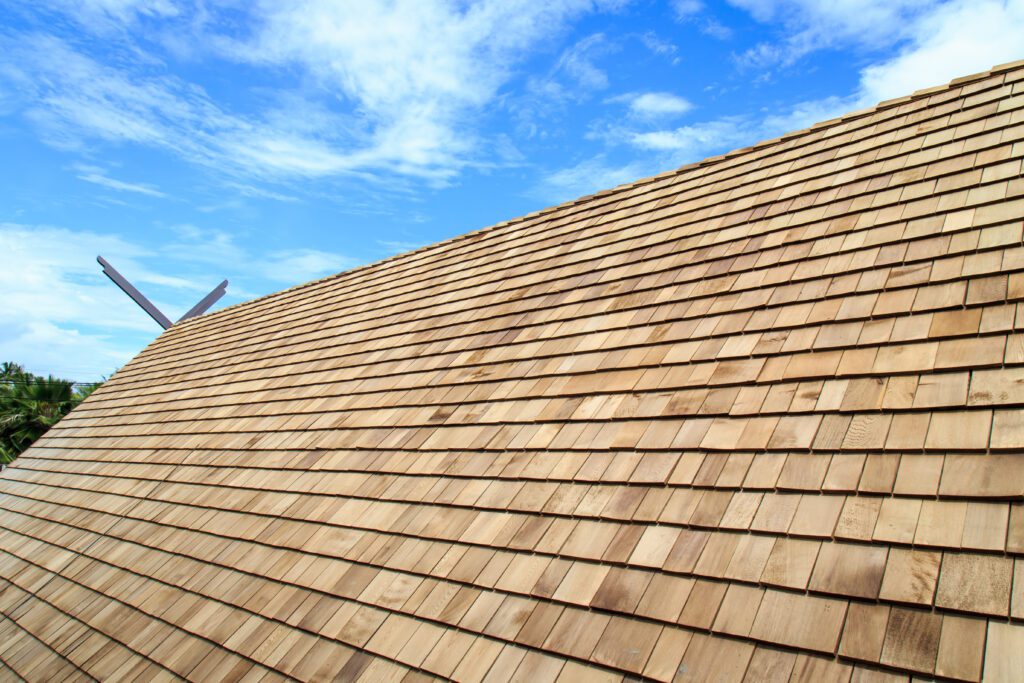
🌲 Wood: Natural Beauty with Challenges
Wood shingles and cedar shake add rustic charm to any home. While they provide good thermal insulation, they require careful consideration in certain climates.
Wood Options:
- Cedar shake: Split wood with rustic texture
- Wood shingles: Sawn wood with uniform appearance
- Composite alternatives: Wood appearance without drawbacks
Wood Benefits:
- Natural beauty: Distinctive, organic appearance
- Insulation: Good thermal properties
- Sustainability: Renewable resource
- Customization: Can be stained or painted
Wood Performance in Michigan:
Wood roofing faces challenges in Michigan’s climate. High humidity and frequent rain can accelerate deterioration. Additionally, fire risk during dry periods limits suitability in some areas.
Michigan homeowners considering wood should opt for cedar shake or composite alternatives, which resist decay and moisture better than traditional options. Regular maintenance, including treatments and cleaning, is essential for extending lifespan.
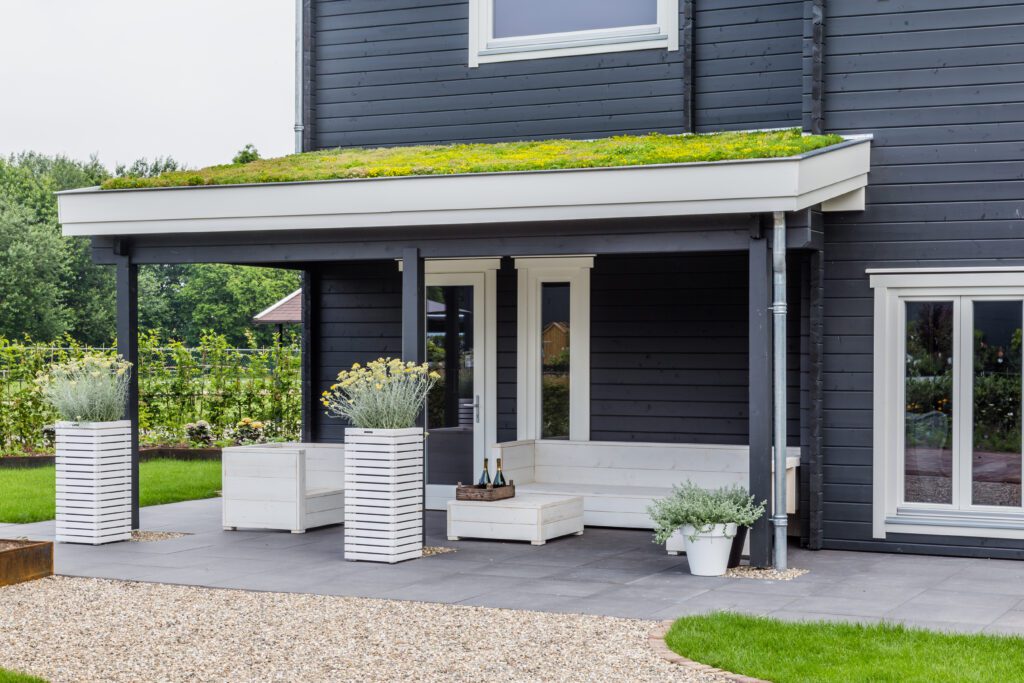
🌿 Living Systems: The Sustainable Future
Living roofs (also called green roofs) represent innovative sustainable solutions. These systems feature vegetation that improves air quality and provides thermal insulation.
Living Roof Benefits:
- Sustainability: Reduces environmental impact
- Energy efficiency: Excellent insulation properties
- Stormwater management: Reduces runoff
- Air quality: Filters pollutants
- Longevity: Up to 40 years with proper care
Requirements:
- Structural support: Additional load capacity needed
- Waterproof membrane: Critical for preventing leaks
- Drainage system: Proper water management
- Maintenance: Regular plant care required
Living Roofs in Michigan:
Living roofs suit Michigan’s climate well, providing benefits like improved insulation and stormwater management. In summer, they reduce heat island effects and lower cooling costs. During winter, they retain heat and reduce heating energy consumption.
Proper maintenance is crucial, especially during cold months. Regular pruning, irrigation, and pest monitoring keep vegetation healthy and prevent structural damage.
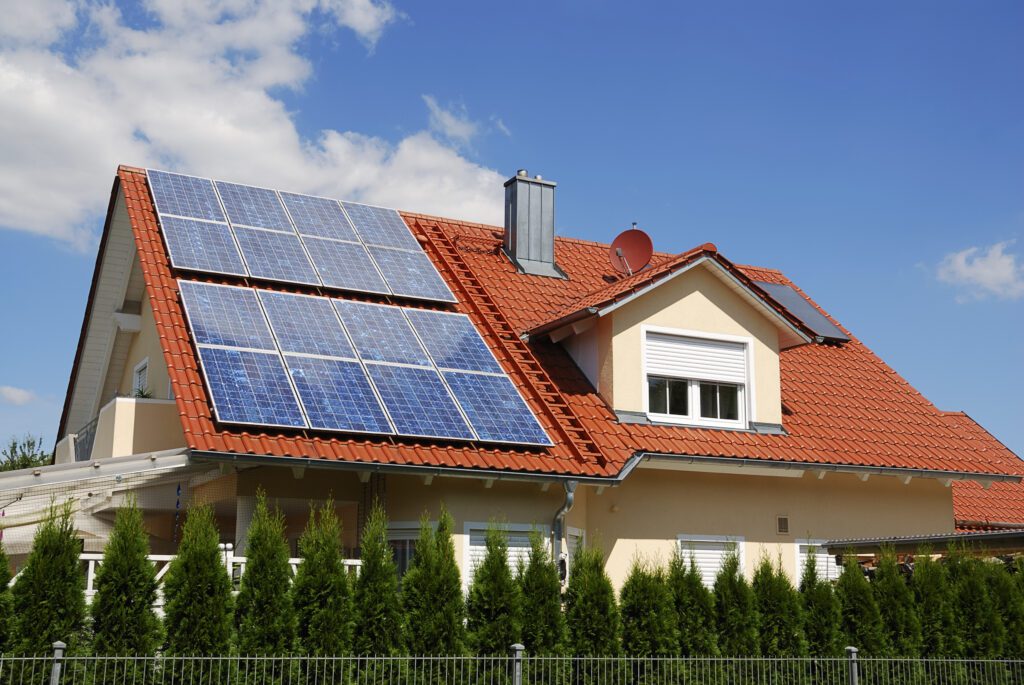
☀️ Solar: Energy-Generating Protection
Solar roof tiles combine protection with energy generation. These innovative tiles contain photovoltaic cells that convert sunlight into electricity.
Solar Advantages:
- Energy generation: Reduces electricity bills
- Environmental benefits: Reduces carbon footprint
- Longevity: 30-year lifespan
- Low maintenance: Minimal upkeep required
Solar Performance in Michigan:
Solar tiles are viable for Michigan homeowners, as the state receives 4-5 hours of daily sunlight on average. They can significantly reduce energy consumption and lower electricity bills.
However, snow accumulation can obstruct panels during winter, reducing efficiency. Regular snow and debris removal ensures optimal performance. Proper installation and maintenance are crucial for longevity in Michigan’s climate.
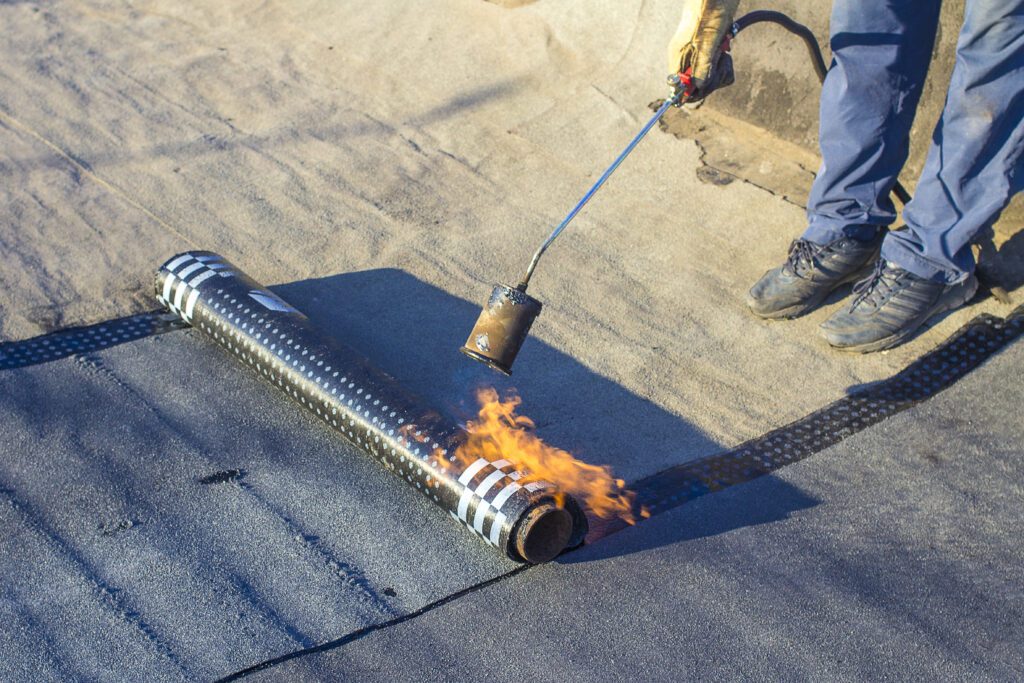
📜 Rolled Options: Budget Solutions
Rolled roofing (asphalt roll roofing) provides a budget-friendly option for specific applications. It’s commonly used on sheds, garages, and small structures.
Rolled Roofing Characteristics:
- Affordability: Very budget-friendly
- Easy installation: Simple application process
- Limited lifespan: Up to 10 years
- Specific applications: Best for small structures
Rolled Roofing in Michigan:
Rolled roofing isn’t recommended for Michigan homes due to harsh climate and temperature fluctuations. The material lacks durability compared to other options and may require frequent replacement, increasing long-term costs.
However, it can serve as a temporary solution for small structures or garages with minimal budget constraints. Professional consultation helps determine the best option based on specific needs.
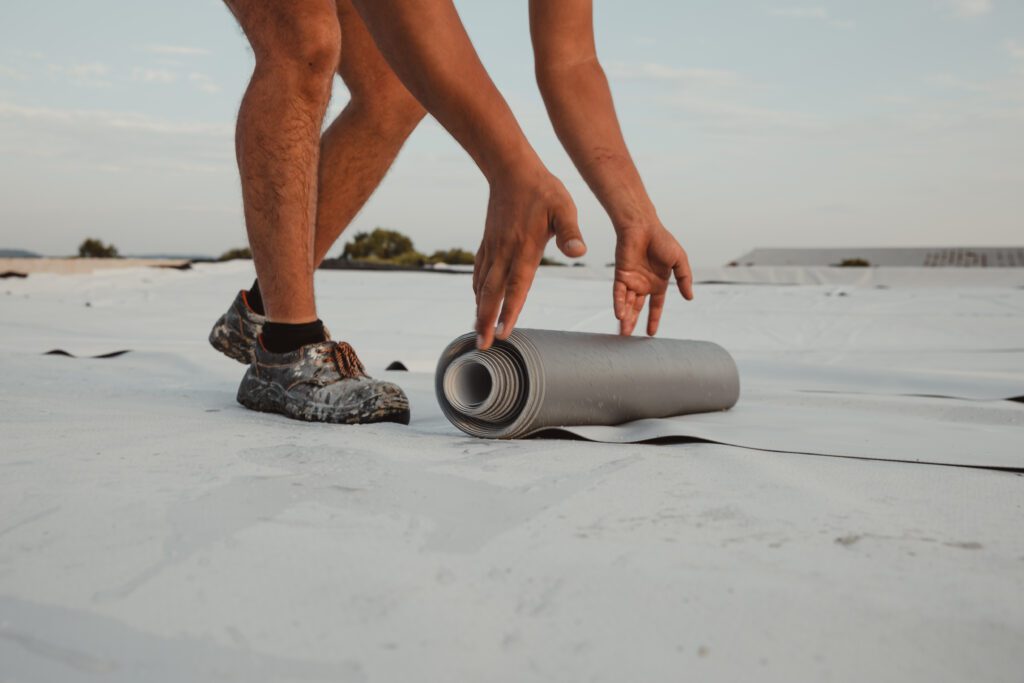
🛡️ Membrane Systems: Modern Flat Roof Solutions
Membrane roofing provides durable, low-maintenance solutions for flat or low-sloped roofs. Made from synthetic rubber, thermoplastic, or modified bitumen materials, these systems offer excellent performance.
Membrane Benefits:
- Durability: Up to 30-year lifespan
- Low maintenance: Minimal upkeep required
- Weather resistance: Excellent performance in harsh conditions
- Insulation: Good thermal properties
Membrane Systems in Michigan:
Membrane roofing excels for Michigan homes with flat roofs. Its durability and harsh weather resistance make it ideal for this climate. The material offers excellent insulation, reducing energy costs.
Proper installation is crucial for longevity. Professional installation prevents leaks and damage over time. Regular inspections and maintenance ensure long-lasting, cost-effective performance.
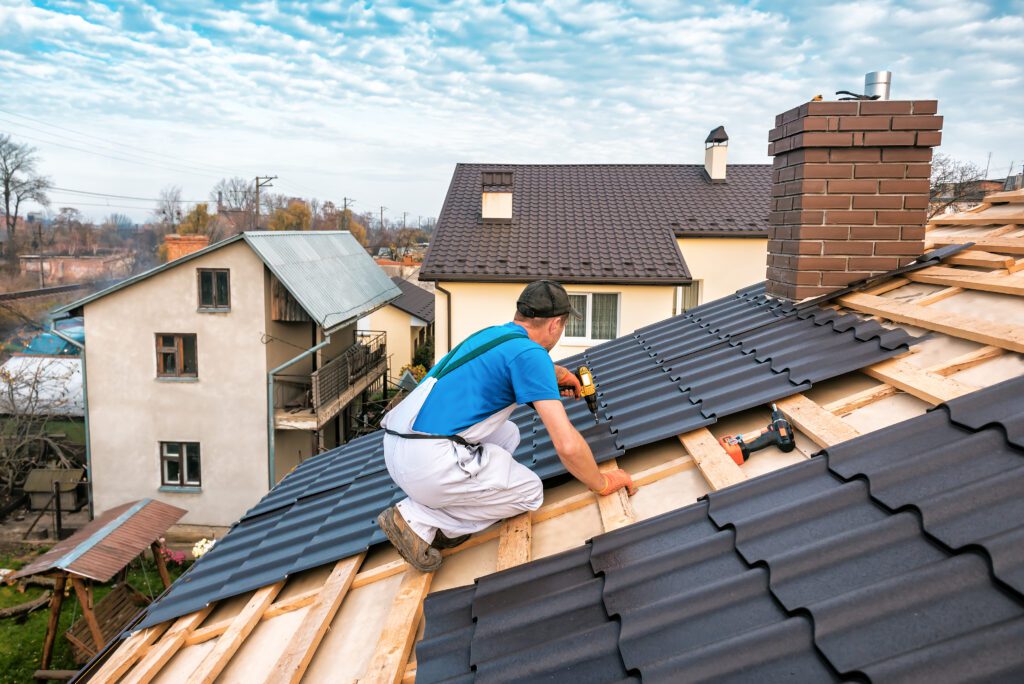
🔧 Specialty Options: Unique Solutions
Additional roofing materials include stone-coated steel, synthetic slate, and various composite options. Each offers specific advantages for particular applications.
Specialty Materials:
- Stone-coated steel: Combines metal durability with stone appearance
- Synthetic slate: Slate appearance without weight requirements
- Composite materials: Engineered for specific performance characteristics
Making the Right Choice
When selecting roofing materials, consider several key factors:
Critical Decision Factors:
- Climate conditions: Michigan’s specific weather challenges
- Budget constraints: Initial costs versus long-term value
- Maintenance requirements: Your willingness to perform upkeep
- Aesthetic preferences: Matching your home’s style
- Structural considerations: Your home’s load-bearing capacity
Professional Installation Matters:
Regardless of material choice, professional installation ensures optimal performance and longevity. Proper techniques, code compliance, and manufacturer warranties all depend on skilled installation.
Your Michigan Roofing Partner
If you need a new roof in the greater Metro Detroit area, Leach Construction is your trusted choice. With over 50 years of experience, we understand Michigan’s unique challenges and requirements.
We’re committed to providing quality workmanship, exceptional customer service, and sustainable solutions for our clients. Contact us today to schedule a consultation and discuss your options.
**Our Promise:** We’ll help you choose the right material for your specific needs, budget, and Michigan’s demanding climate. Your satisfaction and your home’s protection are our priorities.

